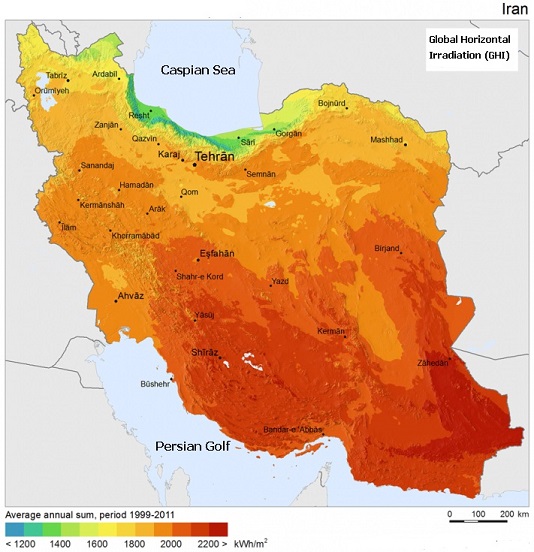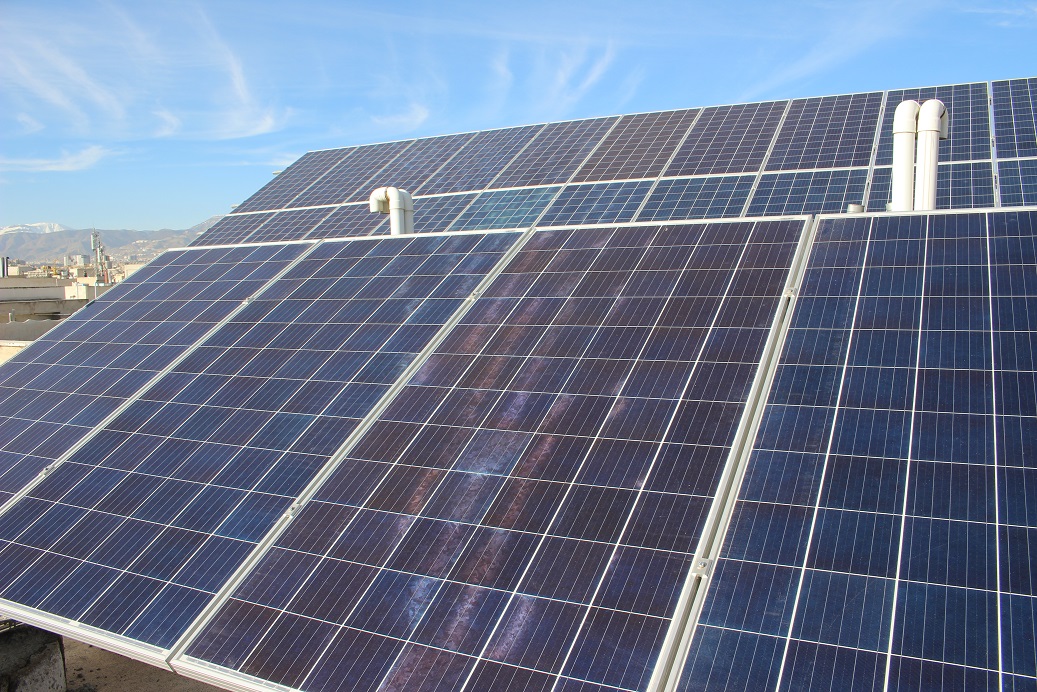Why Renewable Energy?
Renewable energy is called energy that its energy source, unlike non-renewable (fossil fuels), has the potential to be re-created by nature in a short period of time.
Energy is an essential requirement for the continuation of economic development, the provision and welfare of human life. At present, the world's energy consumption is equivalent to 10 billion tons of crude per year, which is projected to increase to 14 billion tons in 2020, indicating that the world's energy consumption is huge in the future and, consequently, This important question arises whether the sources of fossil fuels will meet the world's energy needs for survival and development in the next century?
For a number of reasons, the answer to this question is negative and new sources of energy have to be replaced by old resources. These are the limitations and, at the same time, the quality of fossil fuels that reasonably have better combustion applications as well as environmental issues and issues, so that maintaining atmospheric health today is one of the most important preconditions for sustainable global economic development.
The combustion of pollutants and the increase in carbon dioxide concentration in the atmosphere and its consequences have exposed the world with irreversible and discriminating changes. Increasing the temperature of the earth, climate change, rising sea levels, and eventually intensifying international conflicts are among the consequences. On the other hand, the impending end of fossil resources and the anticipation of rising prices, politicians are proposing policies and policies for environmental control and researchers to develop less polluted and incendiary resources that have the potential to substitute for the current energy system, Encourages.
All renewable energies take on a larger share of the global energy supply system. These resources provide the opportunity to respond simultaneously to both the basic form of fossil resources. Renewable energies are essentially adaptable to nature and do not have contamination, and since they are not renewable, there is no end to them. Other features of these resources, their dispersal and their spread throughout the world, the need for lower technology, make renewable energy, especially for developing countries, more attractive and, therefore, in international programs and policies, The role of the United Nations in promoting sustainable global development has given a special role to renewable energy sources.
Fortunately, most of the world's masters have realized the importance and role of various energy sources, especially renewable (new) energies, in meeting the current and future needs, and broadly developing the exploitation of these resourceful resources, extensive research, and core investment. In the country, given the increasing need for energy resources and the reduction of fossil fuels, the need to keep the environment healthy, reduce air pollution, limit electricity and provide fuel for remote areas and villages, and ... the use of new energies Like: wind energy, solar energy, and inland energy can have a special place.
Today, political and economic crises, and issues such as the limitation of fossil fuels, environmental concerns, population congestion, economic growth, and consumption rates are all controversial debates that, with all its breadth, have led thinkers to find appropriate solutions to the dilemmas Energy in the world, especially environmental ones. Today, the economic and political backing of countries depends on their productivity from fossil fuels, and the depletion of fossil resources is not only a threat to the economies of the exporting countries but also a major concern for the economic system of importing nations.
The owners of the fossil resources should realistically realize that their current understanding of fossil fuels requires less tomorrow's productivity and, ultimately, a shortage of resources for them.

Iran is located between 25 to 40 degrees north latitude and is located in an area that is ranked highest in terms of solar energy in the world after Saudi Arabia. The amount of solar radiation in Iran is estimated to be between 1800 and 2200 kilowatt-hours per square meter per year, which is, of course, higher than the global average. In Iran, an average of more than 280 sunny days annually has been reported, which is very significant. Some solar energy experts claim that Iran, if equipped with its offshore space, will be able to provide energy from renewable energy sources to the vast majority of the Middle East region.






